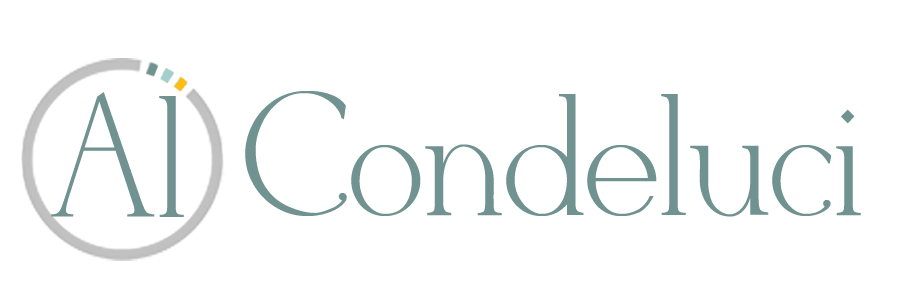How Engaged Is Your Family In Community?
/As we continue to find new and innovative directions for our organization, CLASS, to be a benefit to the community, we have begun to explore ways we can research things we are learning in the field. Now usually research is conducted by universities/colleges, and they do a good job in this endeavor, but often remain somewhat disconnected from the realities of the greater community. To this end, CLASS feels like we can stay true to realities of the streets, yet connect with the universities in the process.
This exploration initiated with work that CLASS did through the "Interdependence Network," a coalition of organizations that are interested in community change, by surveying some 250 individuals with disabilities to ascertain their patterns of engagement and compare this to folks without disabilities. Now this type of study is not exactly how the hardcore researchers proceed, but is more of a snapshot in time with a group of similar people looking at specific issue. Still, this inquiry yields interesting and important information that can guide how human service agencies can be more relevant to their constituents.
The work we did with the Interdependence Network is telling and you can see some of our results at www.buildingsocialcapital.org, the IN website.
More recently, however, aligning with Chatham University in Pittsburgh, CLASS launched another "field-oriented" survey tied to our past work, but this time to explore the engagement patterns of families who have children with disabilities, and compare them to similar families whose children do not have disabilities. This study was driven by reports we hear from families who have children with disabilities and how uncomfortable they can feel when out and about, and especially if their children have unique or essentially behavior patterns. Many of these families have told us they would rather just stay home. So CLASS and Chatham decided to explore this phenomena.
To enhance this exploration we also aligned with Mamre Association, one of the most forward-thinking organizations based in Brisbane, Australia. I had the pleasure of spending time in Brisbane with Mamre this past year and was deeply impressed with their passion for full and inclusive community opportunities for families.
So now the CLASS - Chatham - Mamre study is underway and we are looking at 50 families in Pittsburgh (25 with a disability experience, and 25 without) and 50 similar families in Brisbane. Soon we will have our results.
i tell you this because the notion of active family engagement patterns are critical in so many ways. First, they teach youngsters the cultural protocols necessary for being successful in the community. They also are fundamental to the social capital process. In a way, the more a family engages with their children, the more likely their children will be successful in community engagement, and the more social capital these children will build.
So, how engaged is your family? If you have a family member with a disability, how often do you engage in the community? More, how sensitive and supportive are you in reaching out to the families with a member who is experiencing a disability in the places you go?
Keep sensitive to this and we can create friendlier, more hospitable communities!
